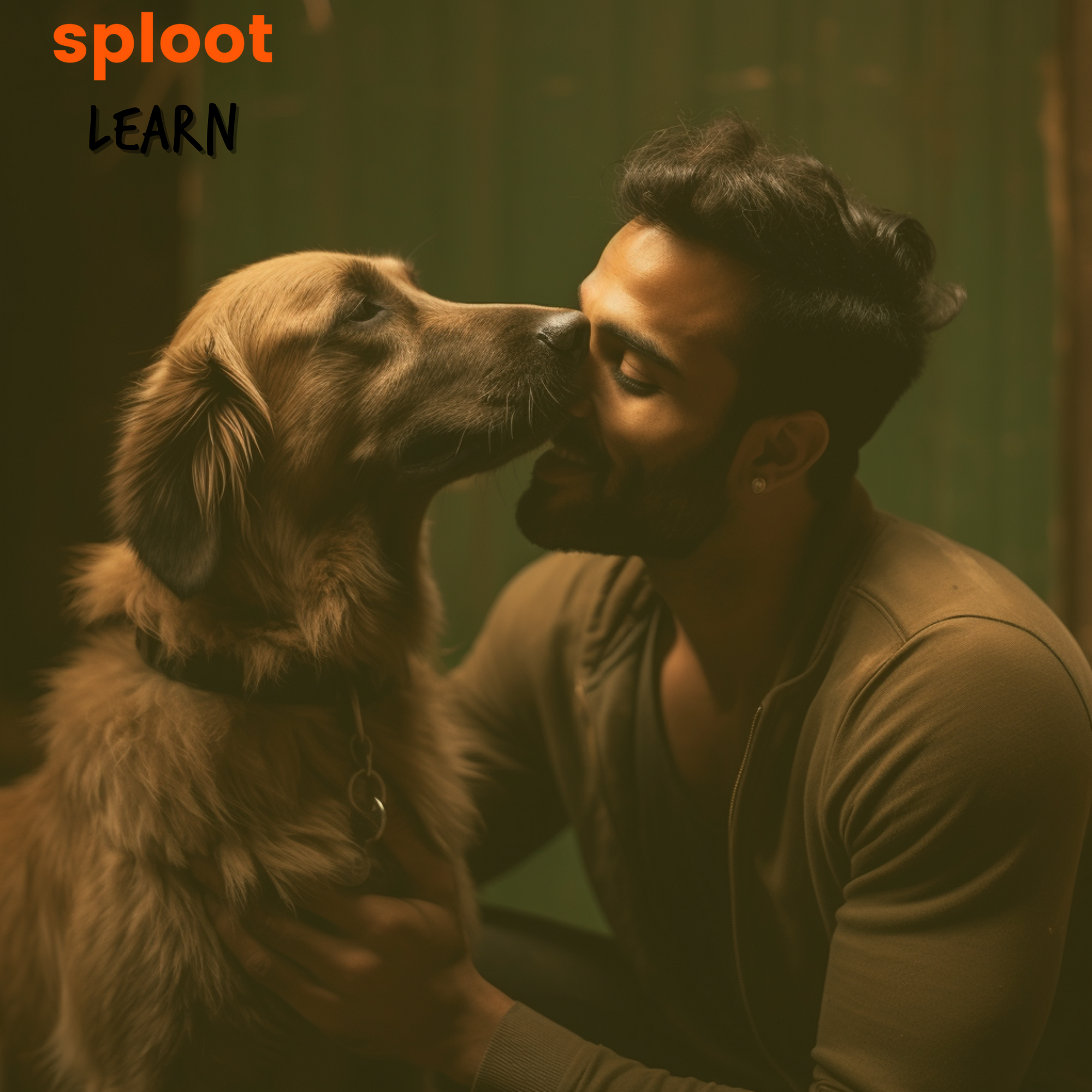Building a Strong Bond: The Key to Better Dog Parenting

In the journey of dog parenting, building a strong, enduring bond with your furry companion is foundational. This bond transcends the mere owner-pet relationship, fostering mutual respect, understanding, and deep affection. It is the bedrock upon which training, behavior management, and overall well-being rest. This blog explores the essence of cultivating a strong bond with your dog and offers practical advice to nurture this vital connection.
The Foundation of Trust and Communication
Understanding Canine Language: Dogs communicate through body language, vocalizations, and behavior. Learning to interpret these signals enhances mutual understanding and prevents misunderstandings. Recognize signs of stress, discomfort, happiness, and fear in your dog to respond appropriately.
Consistency is Key: Consistent routines and responses help your dog understand what’s expected of them, creating a sense of security and trust. Whether it's feeding, walking, or training, consistency reinforces your reliability as a caregiver and leader.
Quality Time Together
Engage in Play: Regular play sessions are crucial for bonding. They not only provide physical and mental stimulation for your dog but also create joyful shared experiences. Tailor activities to your dog's interests, whether it's fetch, tug-of-war, or interactive puzzles.
Daily Walks and Adventures: Walks are more than just physical exercise; they're opportunities for your dog to explore and engage with the world. Make walks a bonding activity by allowing your dog to take in the sights and smells, and consider exploring new environments together to keep things interesting.
Training as Bonding: Training sessions, based on positive reinforcement, are excellent for strengthening your bond. They enhance communication, provide mental stimulation, and reinforce your role as a trusted leader. Celebrate successes together to deepen your connection.
Emotional Support and Understanding
Empathy Towards Your Dog's Needs: Recognize and respect your dog's individual needs and limitations. Just like humans, dogs have unique personalities and comfort zones. Pushing a dog too hard or ignoring their signals can erode trust.
Providing Comfort and Security: Be a source of comfort and safety for your dog in stressful situations. Your response to their fears and anxieties can either strengthen or weaken your bond. Offer reassurance through calm, confident presence and gentle handling.
The Importance of Routine Care
Health and Wellness: Regular veterinary check-ups, a nutritious diet, and proper grooming are fundamental expressions of care. They not only ensure your dog's physical well-being but also convey your dedication to their happiness.
Mind Their Social Needs: Understand and respect your dog's social preferences. Some dogs thrive on canine companionship, while others prefer the company of humans. Facilitate positive social experiences according to your dog's comfort level.
Celebrating the Bond
Recognition of Mutual Respect: The bond between you and your dog is built on mutual respect. Acknowledge your dog's autonomy and preferences while guiding them with gentle leadership.
The Power of Touch: Physical contact through petting, cuddling, or grooming reinforces your bond. These moments of closeness are comforting to your dog and strengthen the emotional connection between you.
Conclusion
Building a strong bond with your dog is a journey filled with love, patience, and understanding. It is the essence of dog parenting, transforming the experience into a fulfilling partnership. By investing time, effort, and empathy into this relationship, you create a foundation of trust and affection that enhances every aspect of your lives together. Remember, the strength of your bond is reflected in every interaction, every shared adventure, and every quiet moment together. Cherish and nurture this connection, for it is the key to a happy, healthy life with your beloved canine companion.

